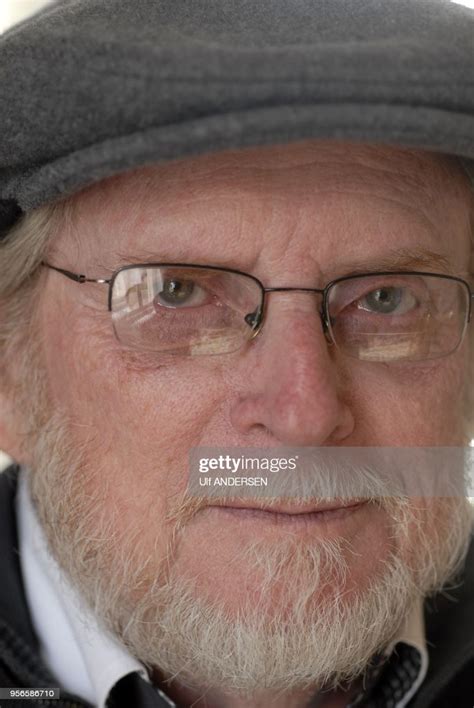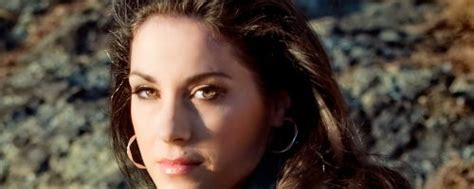A Quote by Khaled Hosseini
I found myself sitting at the computer, and I thought I was going to write a kind of simple nostalgic story about two boys and their love of kite fighting. But stories have a will of their own, and this one turned out to be this dark tale about betrayal, loss, regret. The short story which was about 25 pages long sat around for a couple of years.
Related Quotes
Well, this is a story about books." About books?" About accursed books, about a man who wrote them, about a character who broke out of the pages of anovel so that he could burn it, about a betrayal and a lost friendship. It's a story of love, of hatred, and of the dreams that live in the shadow of the wind." You talk like the jacket blurb of a Victorian novel, Daniel." That's probably because I work in a bookshop and I've seen too many. But this is a true story.
I was thinking about framing, and how so much of what we think about our lives and our personal histories revolves around how we frame it. The lens we see it through, or the way we tell our own stories. We mythologize ourselves. So I was thinking about Persephone's story, and how different it would be if you told it only from the perspective of Hades. Same story, but it would probably be unrecognizable. Demeter's would be about loss and devastation. Hades's would be about love.
Alison [McGhee] and I have known each other since the summer of 2001. One evening we were sitting around talking about how we wished we had a good story to work on. Alison said: Why don't we work on a story together? I said: A story about what? And Alison said: A story about a short girl and a tall girl.
That same night, I wrote my first short story. It took me thirty minutes. It was a dark little tale about a man who found a magic cup and learned that if he wept into the cup, his tears turned into pearls. But even though he had always been poor, he was a happy man and rarely shed a tear. So he found ways to make himself sad so that his tears could make him rich. As the pearls piled up, so did his greed grow. The story ended with the man sitting on a mountain of pearls, knife in hand, weeping helplessly into the cup with his beloved wife's slain body in his arms.
In early 1999, I was watching TV, when I came across a story on Afghanistan. It was a story about the Taliban and the restrictions they were imposing on the Afghan people, most notably women. At some point in the story, there was a casual reference to them having banned the game of kite fighting. This detail struck a personal chord with me, as I had grown up in Kabul flying kite with my friends.
When I was 16, my friends and I were all starting to think about what we were going to do with our lives, and I started picturing myself majoring in dance at college traveling around with a contemporary dance company, and it didn't excite me as I thought it would all those years. I was just thinking about the things that I loved most about dance, which was entertaining and telling a story, and that's when I kind of opened my eyes again to acting.
These short stories are vast structures existing mostly in the subconscious of our cultural history. They will live with the reader long after the words have been translated into ideas and dreams. That's because a good short story crosses the borders of our nations and our prejudices and our beliefs. A good short story asks a question that can't be answered in simple terms. And even if we come up with some understanding, years later, while glancing out of a window, the story still has the potential to return, to alter right there in our mind and change everything.
Stories are thick with meanings. You can fall in love with a story for what you think it says, but you can't know for certain where it will lead your listeners. If you're telling a tale to teach children to be generous, they may fix instead on the part where your hero hides in an olive jar, then spend the whole next day fighting about who gets to try it first. People take what they need from the stories they hear. The tale is often wiser than the teller.


































